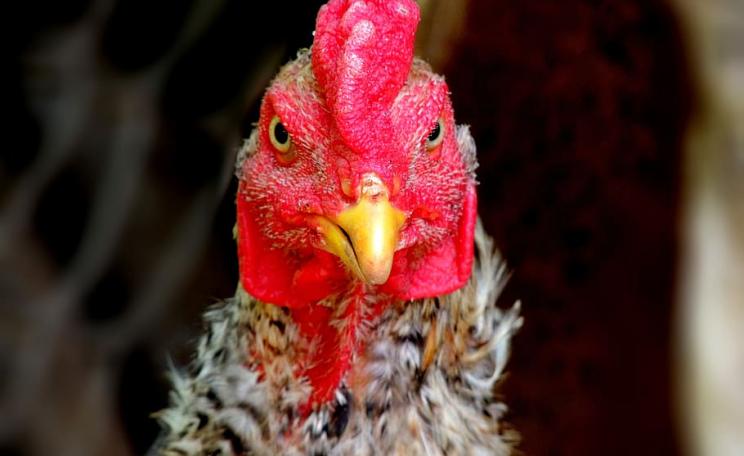Meat consumption may have to be restricted to avoid environment damage and to safeguard against rising food prices
The world cannot sustain the predicted increases in the consumption of factory-farmed meat, according to a government report on the future of food and farming.
Annual per capita meat consumption is expected to rise from 37kg today to 52kg by 2050 with global cattle population numbers rising by 70 per cent, from 1.5 billion in 2000 to about 2.6 billion by 2050. Scientists say the increase in demand on food crops to feed animals may lead to 'substantially higher' food prices, rising deforestation to provide land for feed crops and an increase in greenhouse gas emissions associated with livestock.
It is still uncertain whether consumption of meat in emerging economies such as Brazil and China will reach US levels, where the per capita requirement of grain is four times that of a vegetarian diet.
However, the report says large increases of grain-fed meat (particularly pigs and poultry) would have 'serious implications for competition for land, water and other inputs, and will also affect the sustainability of food production'.
The authors, which include the government's chief scientist Professor John Beddington, said a tax on livestock production may be needed as well as other 'proactive measures' to reduce consumption of certain meat.
The report, The Future of Food and Farming: Challenges and choices for global sustainability, makes a number of other recommendations for meeting the 40 per cent increase in food needed for an expanding global population by 2050. This includes eliminating food waste and promoting investment in genetically-modified (GM) crops and agroecological methods of farming, which includes organic.
It says a global switch to organic production systems could only meet future food demands with 'major changes in consumer diets', which it says are likely to be unachievable.
Friends of the Earth said the report was right to highlight the damaging impact of factory-farming. 'The food system is forcing poor farmers to grow crops for export - to feed factory farms and make biofuels in rich countries - instead of feeding hungry local people,' said campaigner Kirtana Chandrasekaran.
Useful links
The Future of Food and Farming: Challenges and choices for global sustainability
| READ MORE... | |
 |
COMMENT It's time we copied the Malaysians and ate less meat and dairy As Earth Overshoot Day gets earlier every year, David Nussbaum argues that changing our diets to less meat and dairy could help us stay within the planet's environmental limits |
 |
INVESTIGATION Lab grown meat: a low-fat, low-carbon, cruelty-free future? The technology isn't fully developed yet, but when meat really can be grown in a lab it's going to turn all our arguments about carnivorous diets on their heads... |
 |
INTERVIEW Jonathan Safran Foer: environmentalists who eat meat have a blind-spot Factory farming depends on our ignorance but the world needs to move away from eating meat, US author Jonathan Safran Foer tells Tom Levitt |
 |
INVESTIGATION Undercover Investigation: The shocking cost of US 'mega-dairies' With planning permission for Britain's biggest dairy at Nocton about to be re-submitted, The Ecologist travels to California to examine intensive milk production - and finds factory farms, conflict, intimidation, pesticides, pollution and small-scale farmers driven out of business... |
 |
NEWS UN claims 'food production needs to double' exposed as myth Widely quoted figures of the need to double food production by 2050 have been used to justify an expansion of industrial factory farming, but have been brought into question by a new report |








